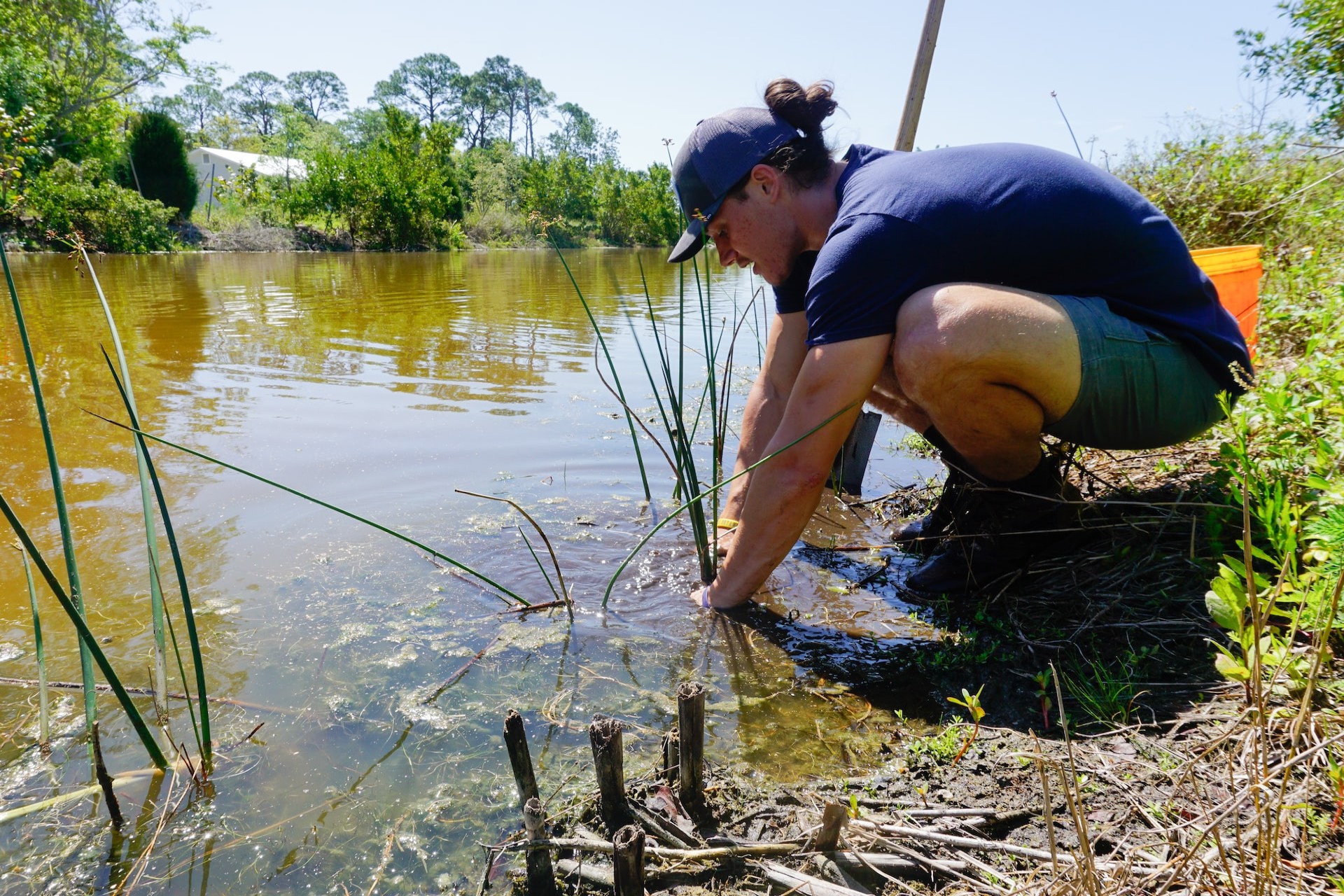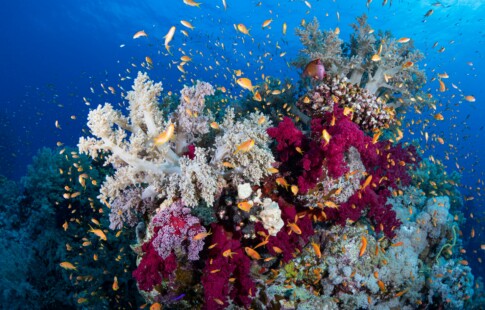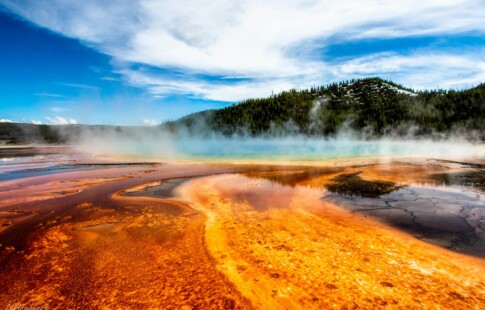
A Guide to Environmental College Majors
We are reader-supported. When you buy through links on our site, we may earn affiliate commission.
A heightened awareness of climate change has led many students to pursue various environmental college majors — a whopping 9,339 environmental science degrees were conferred in 2020, growing at an annual rate of 5%.
Nature enthusiasts and those with innate solutions-based problem-solving skills might consider these programs as they plan their futures. In addition to learning about critical environmental issues facing our planet, students gain the skills necessary for broad careers focused on sustainability and ecological management.
If you’re wondering if environmental college majors are right for you, this comprehensive guide might help you decide.
Why Choose Environmental College Majors?
Even the slightest shift in temperature could pose dire consequences to the environment and weather. We’ve witnessed these changes, with many regions experiencing increased rainfalls, prolonged droughts and heat waves, flooding events, and severe storm systems.
Other environmental shifts have occurred with rising sea levels, coral reef die-off, melting glaciers, and warming oceans. Unfortunately, these changes are just as dangerous for humans as they are for the earth itself.
For instance, excessive heat and poor air and water quality are conducive to worsening health. The increasing frequency of inclement weather and natural disasters could also destroy communities.
According to the Intergovernmental Panel on Climate Change (IPCC), the world must limit the earth’s temperature to 1.5° Celsius to prevent climate-induced health implications and mortality.
Environmental college majors prepare students to tackle these environmental issues for a safer, cleaner, more sustainable planet. Considering that 99.9% of climate scientists agree that human activity is the leading cause of global warming, environmental students become essential to creating positive change scientifically, politically, and socially.
Common Environmental Program Curriculums
Students can seek an environmental education at any degree level. Undergraduates might also have the option to pursue a Bachelor of Science (BS) or a Bachelor of Arts (BA) in an environmental discipline with a specific concentration.
Similar degree titles for environmental college majors include:
- Environmental Studies
- Environmental Economics
- Forestry
- Environmental Engineering
- Agricultural Sciences
- Environmental Toxicology
- Fisheries Management and Conservation
- Natural Resource Management
- Sustainability
- Wildlife Biology
- Environmental Law
- Environmental Communication
While both types of degrees aim to seek solutions to improve the living environment, BS degrees are highly specialized with technical requirements focused on more quantitative proficiencies. Meanwhile, BA environmental degrees have broader, interdisciplinary offerings that comprise policy, planning, humanities and social science fields.
For example, BS majors might take a full curriculum of math and science courses. Depending on the field, some BS programs might also touch on engineering, economics or natural science principles.
On the other hand, a BA major is more likely to analyze legal frameworks, sustainability, culture, ethics, psychology and communication as it relates to the environment.
What Can I Do With an Environmental College Degree?
Environmental degree holders have wide-ranging career options across broad industries. From park rangers to environmental economists to politicians focused on climate policy, there’s no shortage of available work. According to the US Bureau of Labor Statistics (BLS), 7,800 job openings are anticipated annually for environmental scientists. This is a projected 5% growth from 2021 to 2031.
Other graduates may even decide to leverage their environmental education in a chief sustainability officer (CSO) role with a large company. CSOs work with corporate leaders to create environmentally-sound solutions that boost revenue and improve the organization’s reputation for sustainability.
This is particularly paramount considering that buyer preferences suggest about 85% of consumers shop sustainably, of which one-third of Millennials opt to buy sustainable products when available.
Otherwise, environmental graduates may continue their education in a law program, work for non-profit organizations, conduct field research within different ecosystems or become teachers.
Save the Planet by Choosing Environmental College Majors
When you pursue a degree in one of the many environmental college majors, you play an integral role in saving the planet. This is beneficial, of course, as the planet’s future health may very well rest in your capable hands.
Share on
Like what you read? Join other Environment.co readers!
Get the latest updates on our planet by subscribing to the Environment.co newsletter!
About the author
Maria Visser
Maria serves as the Assistant Editor of Environment.co. A true foodie and activist at heart, she loves covering topics ranging from veganism to off grid living.





